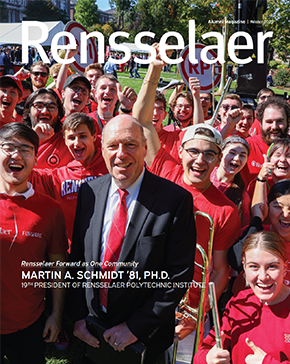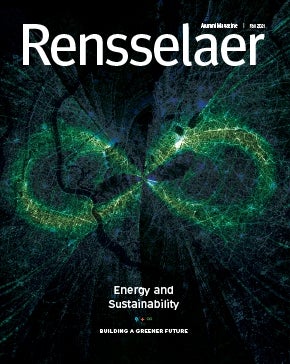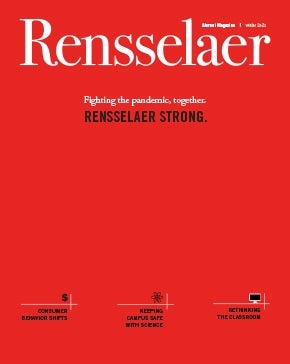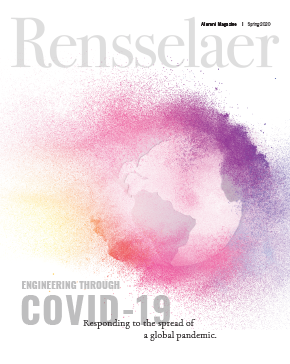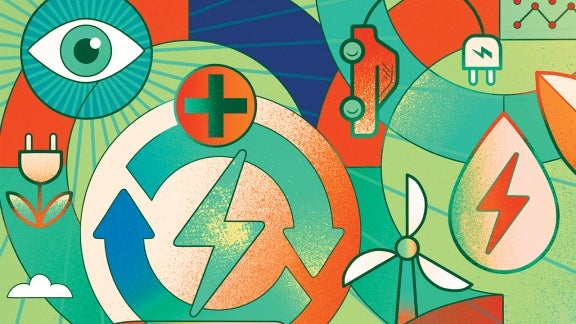
Globally Tracking Lead Residues
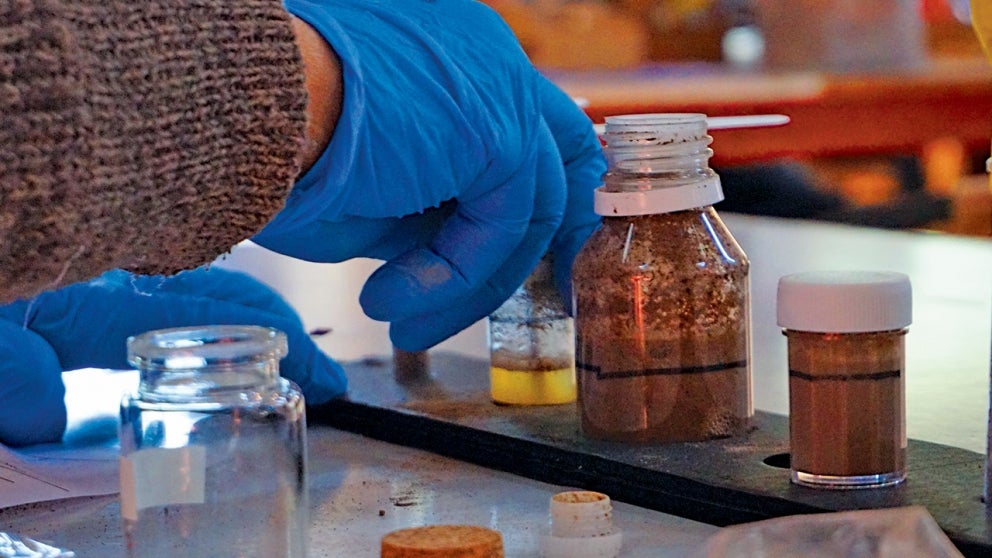
Many countries have challenges associated with lead residues in soil. Once common in paint and gasoline, among other products, lead does not break down and continues to contaminate soil, water, air, and our bodies.
Abby Kinchy, professor in the Department of Science and Technology Studies, is tracing soil lead residues in four countries with distinctive roles in the lead industry: the United States, Chile, the United Kingdom, and Australia.
Because removal of lead, a toxic metal used for centuries, is expensive, Kinchy is looking at ways people might be able to reduce the harm caused by lead residue in the soil of their communities. “This will be the first sociological analysis of soil lead. Lead pollution is ubiquitous in soil because of past uses like leaded gasoline, but it also continues to build up because of industries that are still ongoing today,” Kinchy says.
She will interview scientists and activists who conduct community-based soil testing research, analyze documents about historical and contemporary sources of lead residues in soils across the planet, and examine the scientific literature and risk modeling about soil lead exposures.
Learn More:
